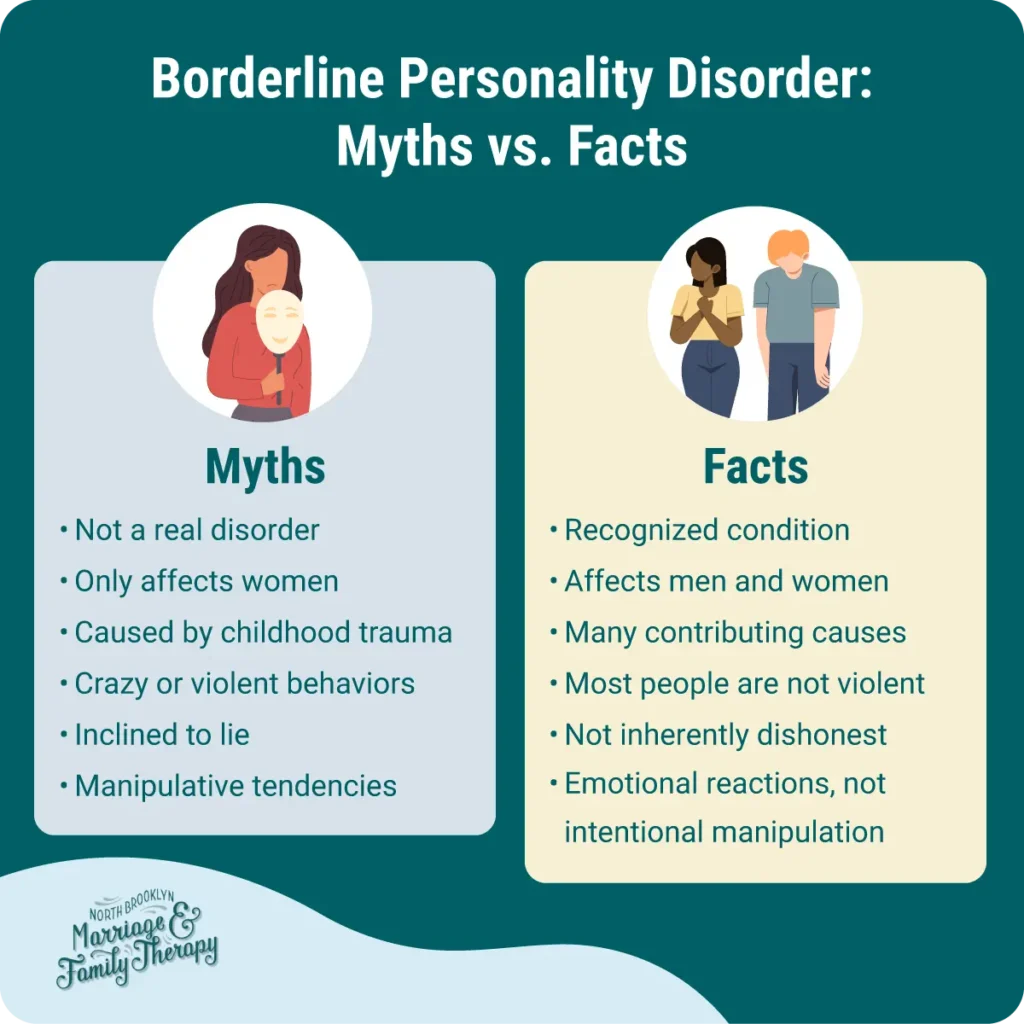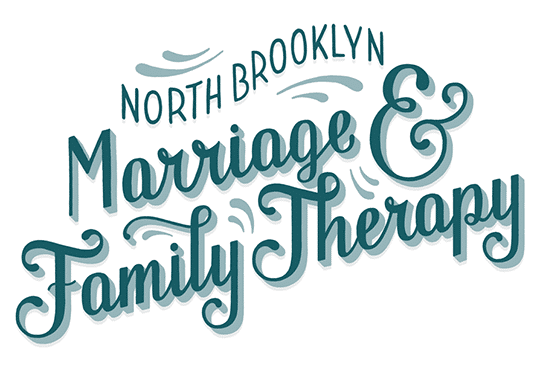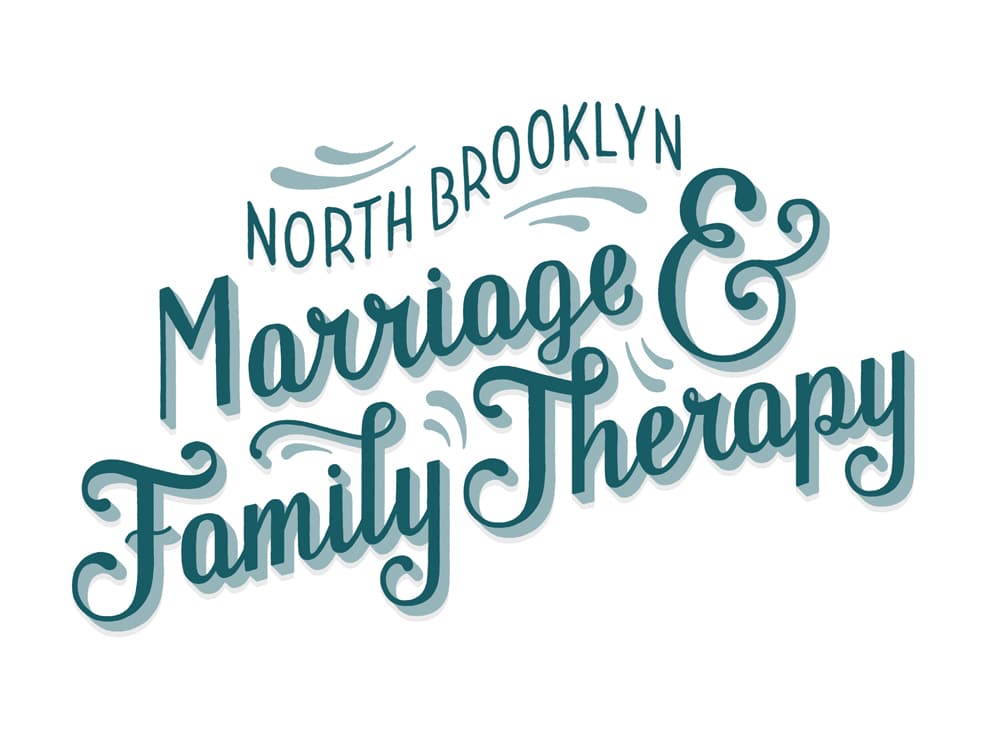You’ve probably noticed the term “borderline personality” popping up a lot lately, on social media, in podcasts, or maybe even in conversation with friends. But like many mental health terms, it’s often misunderstood. People use it casually, and that can make it hard to separate fact from stereotype.
This post is part of our myth-busting series, where we explore mental health terms that get misused in pop culture. Today, we’re unpacking borderline personality, looking at why it’s become such a buzzword, what it really means, and why understanding it matters for empathy, relationships, and mental health.
The Stigma and Controversial Use of the “Borderline” Label
In popular culture, “borderline” is often used to describe someone as manipulative, clingy, or emotionally volatile. On social media, it’s tossed around casually, especially when talking about women or femme-presenting people who express strong emotions or relational needs.
This kind of shorthand is harmful. It reduces a complex mental health condition to a stereotype and reinforces the idea that emotional expression is dangerous or irrational. That’s not just misleading, it’s unfair, and it keeps people from seeking help.
Why has the term “borderline personality” become so popular?
Part of the reason it’s everywhere is exposure. Social media, viral posts about relationship drama, and even memes have made “borderline personality” a household phrase.
People are curious, confused, or even joking about it, which feeds trends in self-diagnosis. And unfortunately, it’s often weaponized as an insult, turning a serious mental health condition into shorthand for “difficult” or “unstable.”
Why calling someone “borderline” is controversial
Using “borderline” to label someone can be damaging and oversimplifying. It encourages fear and avoidance, instead of compassion. It also plays into sexist stereotypes that women’s emotions are inherently “too much.”
In reality, people with Borderline Personality Disorder (BPD) are often deeply empathetic and sensitive, and being labeled as “toxic” can make it harder to seek support or maintain trust in relationships.
“When people use the term “borderline personality” as an insult, they reduce a complex human being to a stereotype. In reality, people with BPD are often deeply caring, creative, and resilient.”
– Jennifer Aull, Founder and Director of North Brooklyn MFT
BPD is a real diagnosis, but it’s not a synonym for “emotionally unstable.” It’s time to stop weaponizing the term and start seeing the person behind the label. Healing is possible, and support, not shame, is what makes it happen.
What’s the difference between regular emotions and BPD?
BPD is more than just having intense feelings. It’s a mental health condition characterized by rapidly shifting emotions, fear of abandonment, unstable relationships, and a fragile sense of self. These patterns often emerge from early trauma, neglect, or invalidation.
People with BPD can struggle with their identity and relationships, but with the right support, including treatments like psychotherapy and dialectical behavioral therapy (DBT), many build stable, meaningful lives.
The difference is nuanced. Everyone feels fear, sadness, or anger at times. BPD isn’t just emotional intensity; it’s patterns of thoughts and behaviors that disrupt daily life and relationships.
A brief history of the term “borderline personality”
The term “borderline personality” dates back to the mid-20th century. Originally, clinicians used it to describe people who were thought to be on the “border” between neurosis and psychosis.
Over time, it became a formal diagnosis, but the stigma has stuck. People often used it to dismiss or demean, rather than understand. Today, clinicians may use alternative language or frameworks to discuss BPD without reinforcing old stereotypes.
BPD Myths and Facts

There are many myths around BPD. Some say BPD isn’t a real diagnosis, while others assume it only affects women or that it’s caused only by childhood trauma. There’s even a stereotype that people with BPD are dangerous or manipulative.
None of these are universally true, and reducing someone’s experience to a myth prevents understanding and healing.
Are people with BPD crazy or violent?
No. Labels like “crazy” or “violent” are not only inaccurate, they’re harmful. Most people with BPD are not violent. They may have intense emotions or struggle with impulsivity, but that doesn’t make them inherently dangerous. These kinds of labels add stigma and make it harder for people to get help.
Is it a myth that people with BPD lie more frequently?
You might hear people say that those with BPD lie all the time. While some individuals may struggle with honesty in certain contexts (often tied to fear of abandonment or emotional overwhelm), the condition is much more complex.
Focusing on perceived dishonesty ignores the real challenges BPD brings, like regulating intense emotions and maintaining stable relationships.
Intense Emotions Don’t Equal a Personality Disorder
Having intense feelings or relationship struggles doesn’t automatically mean someone has BPD. Emotional ups and downs are part of being human. What matters is whether these patterns cause distress or disrupt daily life.
If you or a loved one is struggling, it’s worth reaching out for guidance. A trained professional can help sort through what’s happening, provide coping strategies, and support healing.
At North Brooklyn Marriage and Family Therapy, we work with individuals and couples to safely and constructively navigate these challenges. You may also explore individual therapy or couples therapy, depending on your needs.


